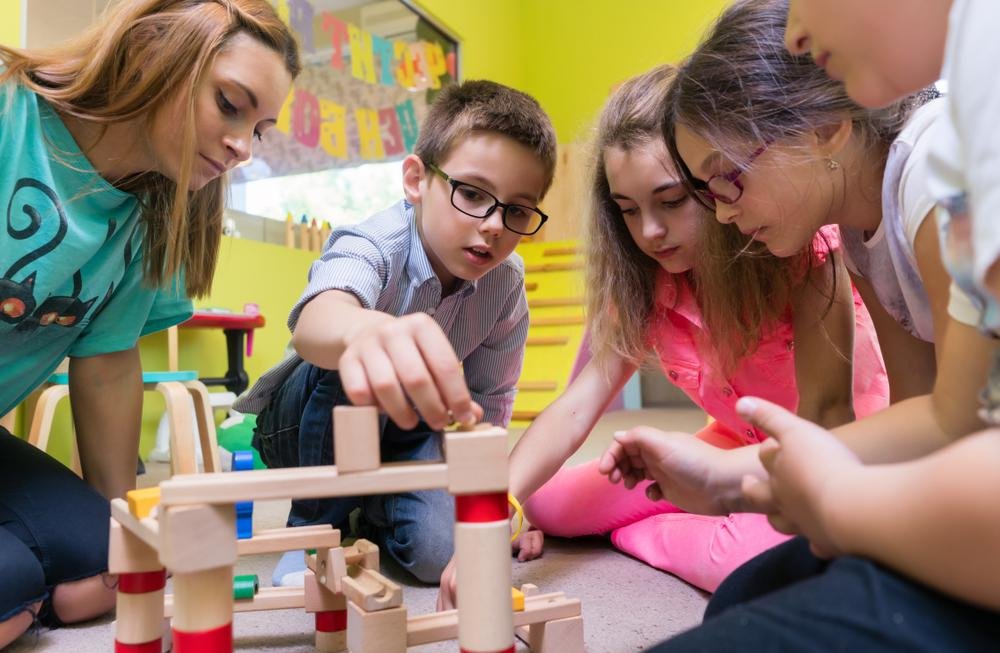Interactive play is a crucial part of a child’s development. It goes beyond traditional toys and games, involving active participation and engagement with others, the environment, and even their own imagination. Through interactive play, children are able to learn valuable skills that contribute to their cognitive, physical, and emotional growth. From cooperative games to imaginative scenarios, interactive play provides a foundation for lifelong learning and development. In this article, we explore the importance of interactive play and how it benefits children in various areas of their lives.
Enhancing Cognitive Development
Interactive play stimulates a child’s brain, helping to build problem-solving skills, improve memory, and promote critical thinking. Games that require children to think, plan, and execute help develop their ability to process information and make decisions. For example, puzzles, board games, and interactive storytelling encourage children to think strategically and use their imagination. This type of play also supports language development, as children use words to express their ideas, follow directions, and communicate with others.
Promoting Social Skills
One of the most significant benefits of interactive play is the development of social skills. When children play together, they learn how to share, take turns, cooperate, and resolve conflicts. These interactions help them understand social cues, empathy, and the importance of working as a team. Additionally, cooperative games and role-playing scenarios allow children to practice understanding other people’s perspectives and emotions, which builds their emotional intelligence. Social play is a foundation for building friendships and creating positive relationships in the future.
Encouraging Physical Activity
Interactive play often involves physical movement, whether it’s running, jumping, or manipulating objects. Active play helps children develop coordination, motor skills, and strength. Physical activities such as tag, dancing, or sports also contribute to overall health and fitness by promoting cardiovascular health and muscle development. Moreover, interactive play provides an opportunity for children to engage in outdoor exploration, which boosts their connection to nature and fosters a sense of adventure.
Building Emotional Confidence
When children engage in interactive play, they have the chance to navigate various emotional situations, such as competition, winning, losing, or dealing with frustration. These experiences help children understand and regulate their emotions. In addition, as children collaborate with others and achieve goals together, they build a sense of accomplishment and confidence. Through interactive play, they learn resilience by facing challenges and overcoming obstacles, which ultimately strengthens their self-esteem.
Encouraging Creativity and Imagination
Interactive play sparks creativity by allowing children to create stories, design structures, and experiment with different ideas. Whether it’s playing pretend, building with blocks, or painting, children are encouraged to use their imagination to express themselves. This type of play enables children to explore different roles, environments, and scenarios, which broadens their understanding of the world and enhances their ability to think creatively in other areas of life, such as problem-solving and innovation.
Supporting Language Development
Interactive play is key to supporting language development. As children engage with others, they learn new vocabulary, practice sentence structure, and improve their communication skills. Role-playing and storytelling are excellent ways to encourage language use, as children have the chance to describe events, ask questions, and share ideas. This social interaction helps them understand the nuances of conversation, such as taking turns, listening, and responding appropriately. Additionally, the more children interact with peers or caregivers, the more their language skills expand, leading to greater fluency in speech.
Fostering Independent Thinking
Interactive play also encourages children to think for themselves and make their own decisions. Games that require children to choose their next moves, determine the outcome of a situation, or solve a problem on their own promote independent thinking. This sense of autonomy helps children develop confidence in their ability to make choices and trust their instincts. Over time, children will be better equipped to face challenges and make decisions in real-life situations.

Conclusion
Interactive play is a vital part of a child’s growth and development. It promotes cognitive, social, physical, and emotional growth while helping children build creativity, communication skills, and self-confidence. Engaging in interactive play allows children to practice real-world skills in a fun and supportive environment, paving the way for lifelong learning and success. By encouraging more opportunities for interactive play, parents, caregivers, and educators can ensure that children are well-equipped to thrive in the world around them.











